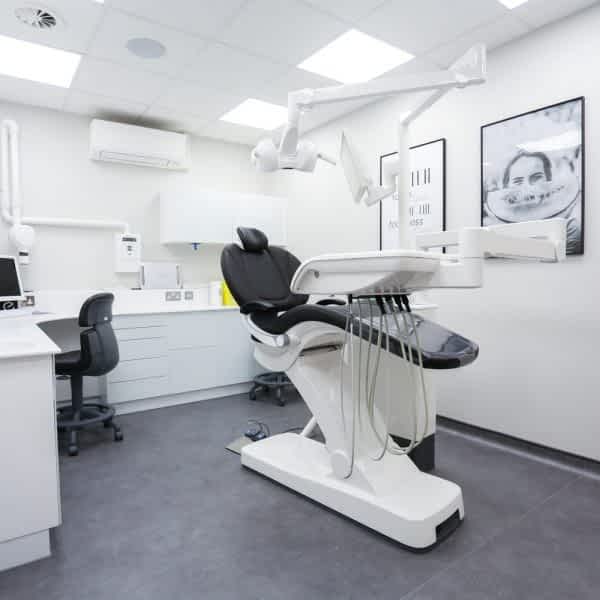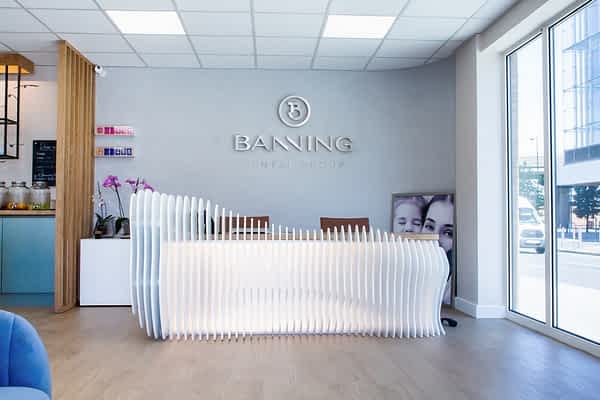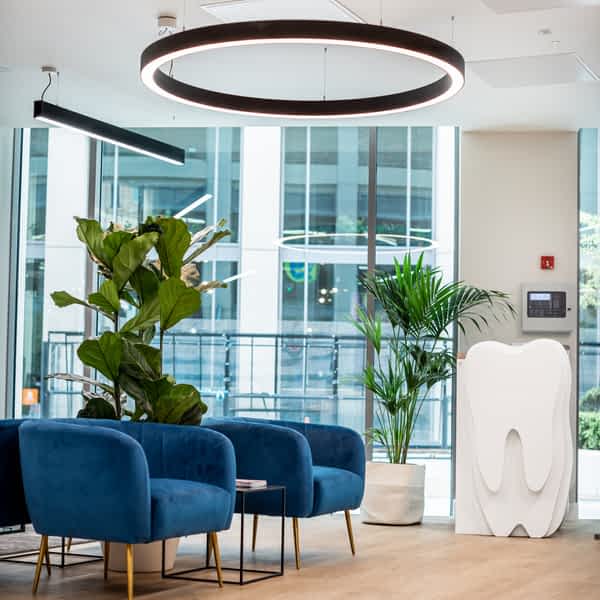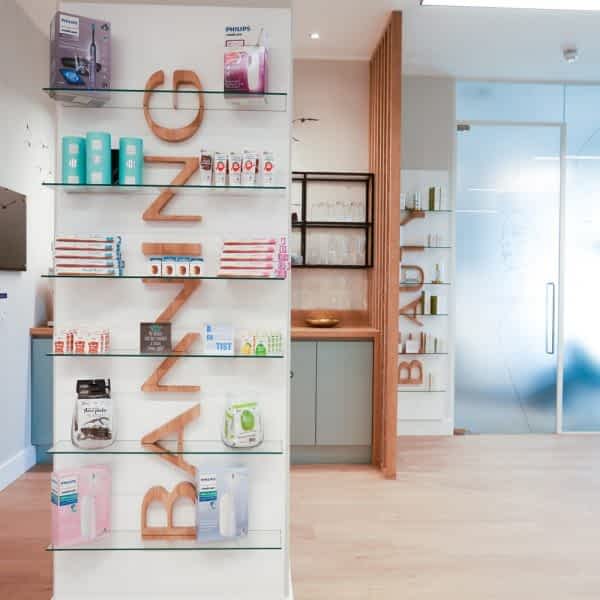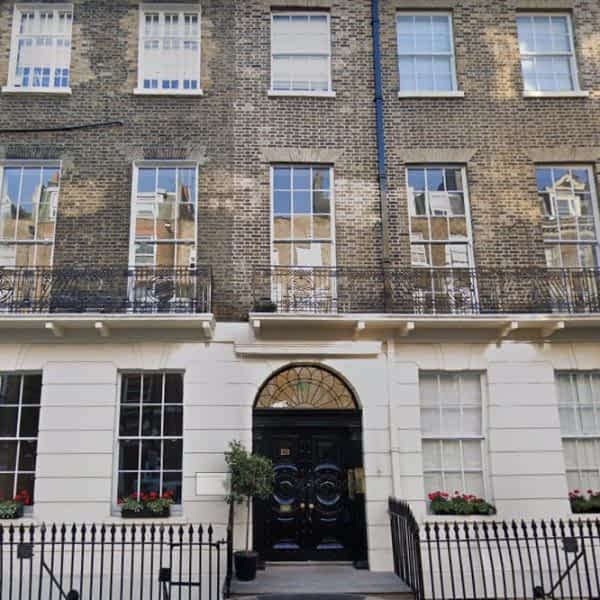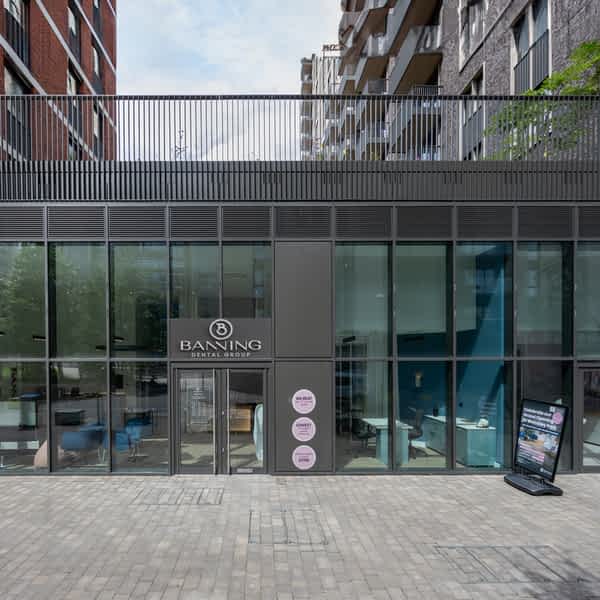NHS dentists in 2021. Why is it so hard to get an appointment these days?
Why is so hard to find NHS dentists?
The NHS is a much-loved institution that has served the UK against all odds for the last 72 years. As UK citizens we are among the fortunate countries in this world that enjoy limitless access to an publicly funded healthcare system. It’s considered to be one of our country’s greatest achievements and certainly revered as a national treasure. Access to healthcare for all that need it irrespective of circumstance, wealth or status is a luxury that we often take for granted.
The introduction of the NHS in 1948, meant that any man, woman, or child could visit NHS dentists free of charge for the first time in history. This was a momentous occasion in a time when the oral state of the nation was in tatters. Disease, poor sanitation, and poverty resulted in more than three quarters of the population needing complete dentures. And we complain about having a filling?!
Due to overwhelming demand and rapidly diminishing budgets, charges for seeing NHS dentists were introduced in 1951. Fast forward to 2020 and the situation is very different. Nowadays, NHS dentistry operates differently to other aspects of public healthcare. It is one of the few services where the patient is required to pay a contribution towards their care. Private dentists are now essentially contractors of the NHS.
Sadly, the NHS has been consistently underfunded, overstretched and underappreciated for much of the last 10 years. Following contract reviews in the 90’s and 00’s, the terms for NHS dentists have become increasingly unattractive and accused by the British Dental Association of ‘not fit for purpose, rewarding dentists for meeting government targets for treatment and repair, but not for improving patients’ oral health.’
Finding an NHS dentist with an open register these days is like trying to find toilet roll on the eve of a national lockdown. It has reached a stage where there are reports of individuals trying to remove their own teeth, due to the impossibility of finding an NHS dentist to register with. People up and down the country are making countless calls to clinics within a 100-mile radius, adding their name to numerous ‘waiting lists’ without ever succeeding in gaining an appointment. The media report that more than 1 million patients tried and failed to join an NHS dentist in the UK in 2018 with numbers continuing to rise.
Another scary fact is the rise in hospital tooth extractions. An absence of preventative oral care is resulting in deterioration in tooth health so severe that the only resolution is an emergency trip to A&E for dental treatment.
How is it that we have reached this stage?
What happened to all the NHS Dentists?
We are sadly starting to witness a division in society when it comes to dental health. The population is increasingly divided between those that can afford to go to the dentist and those that cannot. There are a number of contributing factors that have led us to what is now becoming an oral health crisis in the UK.
One key issue is the problem of recruitment and retention. According to a British Dental Association Survey, 75% of NHS practices in England struggle to fill their vacancies. Morale is low in the industry, discouraging health professionals from taking up NHS position.
The latest target-driven contracts between dentists and the NHS is a significant driver of low morale. Up until 2005, NHS dentists were paid for each item of treatment they provided to patients. Nowadays, dentists are being paid per course of treatment regardless of how many procedures are involved. This can mean that a dentist is being paid the same for 12 fillings as they are for just 1. In addition to the unattractive compensation levels, meeting the targets stipulated in the contracts is a feat in itself. It’s no wonder there for that the NHS workforce is massively lacking the motivation to continue as is.
Dentists are simply reducing the work they do for the NHS as it is not worth their while. Alternatively, they are having to massively subsidise their NHS work by taking on more private patients, thus reducing their availability.
It is reported that now only 22% of NHS dentists are taking on new patients. The BDA forecast that the issue is set to get worse, with three out of five dental practitioners saying they intend to reduce their NHS work, or stop entirely, in the next five years.
To rub salt further into the wound, government spending on dentistry has fallen by more than 10 per cent in the last five years. Whilst the NHS continues to provide a remarkable service they have been faced with chronic underfunding, which simply cannot continue.
Publicly funded dentistry as we have known it is on the verge of collapse. NHS dentists are increasingly considering handing back their contracts, moving entirely into the private sector, leaving the industry or retiring as more suitable alternatives than continuing as they are.
Alternatives to NHS Dentists
The situation certainly feels like it will get worse before it gets better. Only this week has the mainstream media highlighted that waiting times for NHS dentist appointments can be up to 3 years!
In the absence of government reform people will be forced to take matters into their own hands. Whilst we at Banning Dental Group are not NHS dentists ourselves, we operate with the same philosophy, believing that dental healthcare should be universally available. We are able to offer appointments within weeks, rather than years and for emergency cases are able to fit you in within the same day.
Whilst we may be private dentists, but we are the home of affordable private dentistry. We work hard to maintain our pricing as accessible as possible to the many, not just the few.



